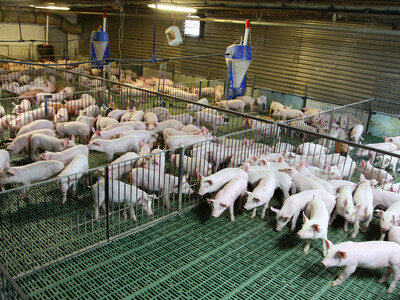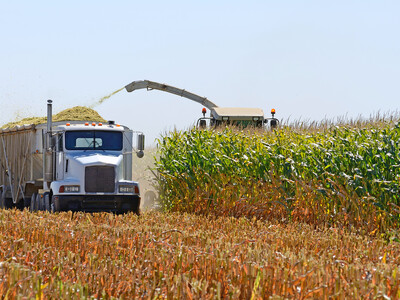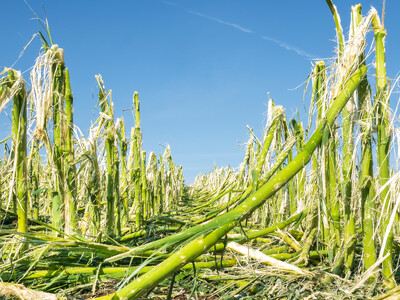Discussing the Role of Biofuels
Discussing the Role of Biofuels. I’m Greg Martin with today’s Line On Agriculture.
Members of the Senate Ag Committee held a hearing on expanding the role of biofuels for
HARKIN: We have to put in place policies that will encourage farmers to start growing now more cellulose crops and to use some of the cellulose from crops we do produce now like from corn, getting the corn cobs and the corn stalks and using those to also produce ethanol.
Once those obstacles are overcome - Harkin sees tremendous profit potential for farmers and economic development for rural communities.
HARKIN: I think there’s great income streams ahead in cellulose ethanol and especially in areas that right now are not highly productive for corn or bean production. There are some places in our country, in
South Dakota Senator John Thune says the biofuels industry is at a crossroads - largely because corn-based ethanol expansion is being stifled. He says public policy must encourage - not discourage - production. But discourage is what he says EPA is doing with its indirect land use proposal.
THUNE: We should be doing everything we can in this country to double down on it and to put policies in place that would encourage even more production of ethanol, more use of it, a bigger market for it and I mentioned that we’re sort of at a crossroads because I think that there are policies that are coming out of Washington now that are sending mixed signals about ethanol and it’s making it more difficult to raise capital. It’s making it more difficult I think to produce, to grow the production, levels that are out there and to lead to higher use of it. And we’ve got to address those issues.
Thune says before cellulosic ethanol can become commercially viable - the

















